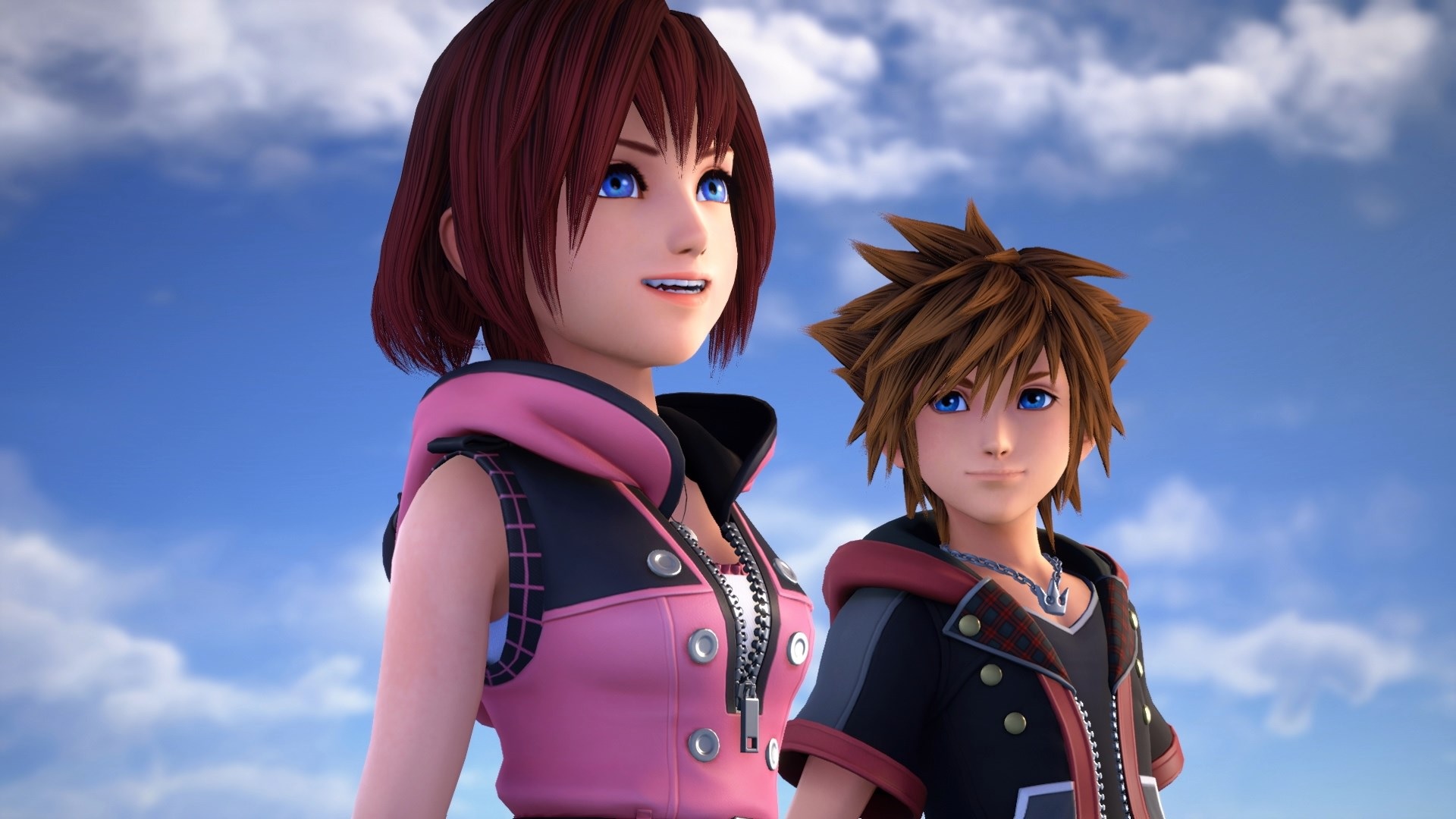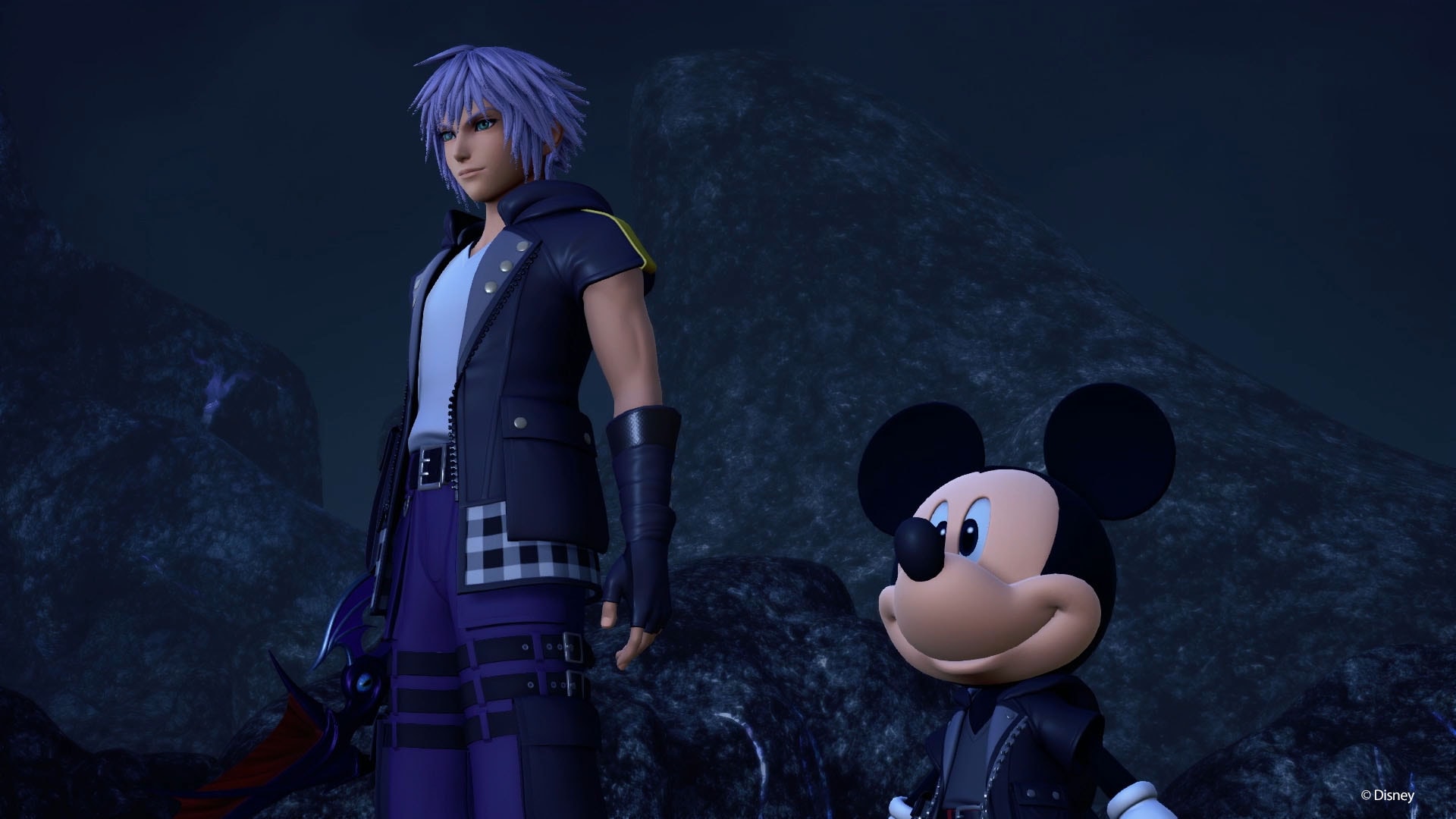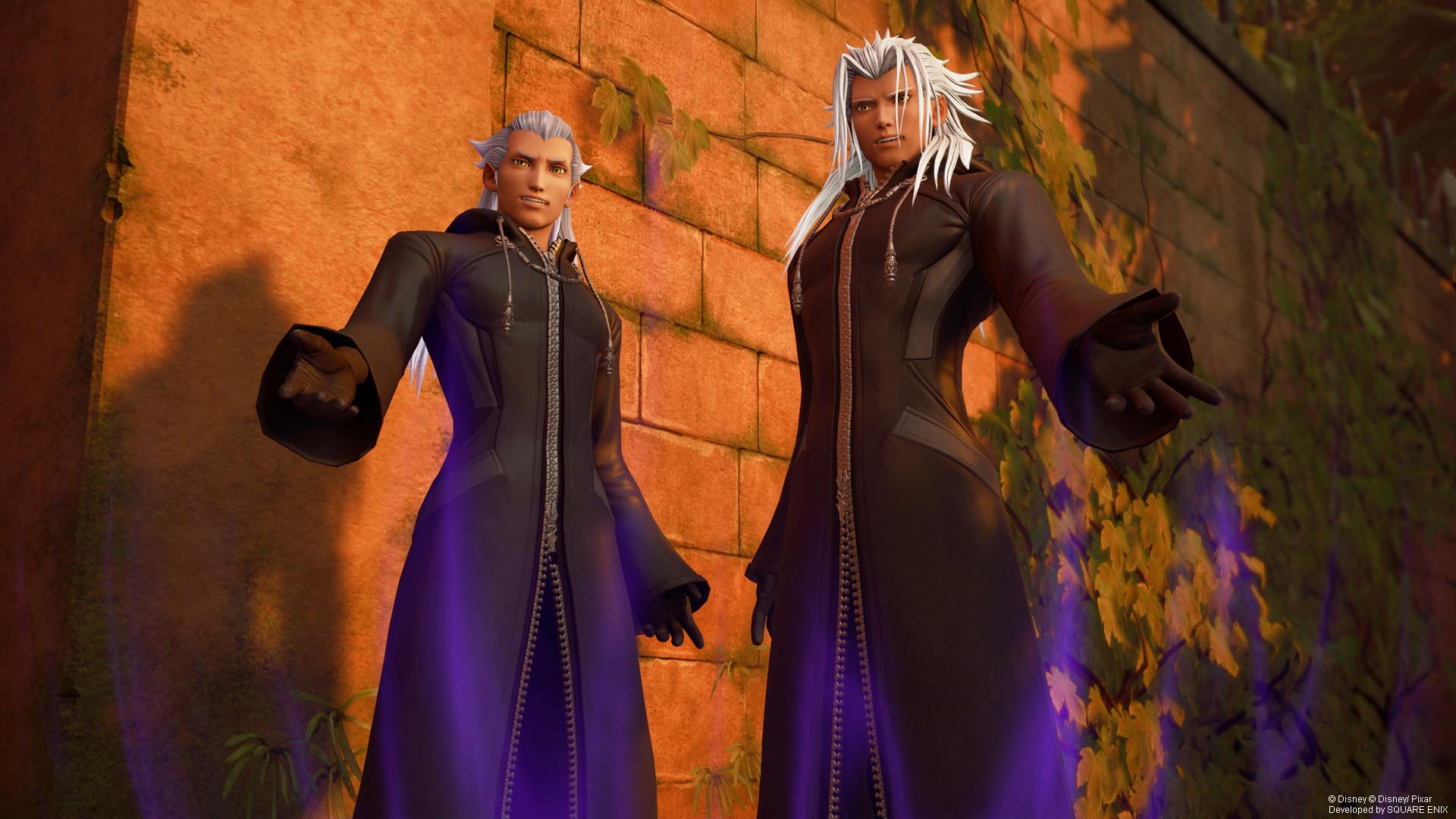I can’t stand Kingdom Hearts III — but I’m playing it anyway
Kingdom Hearts III Re Mind is a master class in how not to design DLC

Welcome! This column is part of a regular series in which we share what members of the Tom's Guide staff are playing and enjoying right now, with an eye towards helping you find great games that you may have missed. Be sure to check out our previous entry, where we talk about Fall Guys.
Kingdom Hearts III continues to be one of the most frustrating games I’ve played in the past few years. When the game debuted in 2019, I wrote a story explainer for the series that turned into something of a diatribe by the end:
“I set out to write this primer with my tongue firmly in my cheek, but I wound up at a place of genuine frustration,” I wrote. “That's because Kingdom Hearts has a ridiculously convoluted narrative, twisted into place by more than a decade of questionable spinoffs — and there is absolutely no reason why this had to be the case.”
I find myself thinking this same thing as I play through the Kingdom Hearts 3 Re Mind DLC. This expensive add-on is a perfect encapsulation of everything wrong with Square Enix’s long-running crossover series. It’s abstruse, it’s self-indulgent and it’s positively alienating to anyone who’s not a hardcore fan of the series. “Disney characters meet Final Fantasy characters in a teenage anime adventure” is not a premise that should require a whole wiki’s worth of lore to understand, or Dark Souls-level gaming skills to complete. But here we are.
Re Minders of Kingdom Hearts III

Kingdom Hearts has been on my mind for the past few months, ever since we learned that Kingdom Hearts IV may include some Star Wars content. I played through Kingdom Hearts III and thought it was enjoyable enough, but I found myself wondering whether the series could pursue an interesting new direction when it returns a few years from now.
I reinstalled Kingdom Hearts III, maxed out my levels and gear, beat the optional boss and discovered the secret ending. Then, I waited patiently for a sale on the Kingdom Hearts III Re Mind DLC, as it costs $30 by default, which is a lot for an expansion that’s supposed to last about four hours.
A few weeks ago, Re Mind dropped to $20, and I figured it was time to pull the trigger. It didn’t take long until I realized why the DLC pack got such mixed reviews when it launched. After sitting through more than 20 minutes of intro cutscenes, I started my first battle, and quickly realized that Re Mind was going to be a huge disappointment. That’s because the entire story mode consists of fighting bosses you’ve already fought and watching cutscenes you’ve already seen — but this time, there are slight differences (emphasis on “slight”) because of some time travel nonsense.
Re Mind adds essentially nothing to the Kingdom Hearts III experience, forcing players to sit through a tedious retread of the main game’s finale, while exploring the exact same themes as before. (Spoilers: Friendship is worth fighting for. If you didn’t already get that from the previous 10 games in the series, I don’t know what to tell you.)
However, once I made it through Re Mind’s story mode, I figured I would finally get a cool teaser for the next Kingdom Hearts entry. That’s when I realized that the story mode is actually by far the better half of the DLC.
Who is this for?

As it turns out, Re Mind is not just a narrative coda for Kingdom Hearts III; it’s also essentially a boss rush mode called Limit Cut. After you finish the main story mode, another cutscene starts, where the Final Fantasy characters (where have they been all this time?) try to work their way through some mysterious computer data. Cue a digital recreation of series protagonist Sora, as he challenges 14 super-tough optional bosses.
To be fair, 14 new bosses represent a substantial addition to KH3. While we’ve fought versions of these enemies in past games, each one has an expanded move set, complete with brand-new animations and voicework. If you can defeat them, you’ll also unlock not one, but two secret endings.
“If” is the operative word here. To say that Limit Cut has a difficulty spike is an almost comic understatement. The Limit Cut bosses are so far beyond their KH3 counterparts, they feel like they came from a completely different game.
Without going into gory detail for each fight, every single Limit Cut boss can destroy you in a handful of hits. Because you don’t have a party, your healing options are limited. Instead, you’ll have to master each boss’s particular pattern of dodges and blocks — and I really do mean “master,” because a single false move is usually enough to end your attempt. Each boss is vulnerable for only a few seconds at a time, and each one has enough health to drag fights out for five to 10 minutes. And remember, you don’t do this once; you do this 14 times.
This brings me back to a question I asked when KH3 debuted: Who is this series for, exactly?
If we take Kingdom Hearts at face value, it’s a series for Disney-loving tweens who are ready to dip a toe into the wonderful world of JRPGs. It’s a whimsical story about meeting all of your favorite Disney characters, and learning a few lessons about friendship along the way.
In practice, though, Kingdom Hearts has become a labyrinthine mess, with a story so convoluted that only the most diehard teenage and adult fans can follow it. The Disney and Final Fantasy connections feel almost superficial at this point. Re Mind complicates matters even further, since only the most skilled gamers stand a chance in Limit Cut. That locks a huge chunk of the audience out of important plot points.
Digging deep and mustering all of my gaming skills, I’ve been able to beat four Limit Cut bosses so far, and I lost count of how many tries each one took. This weekend, I’ll try again and see how far I get, but I can tell it’s going to be a pain. Truthfully, Re Mind crossed the line between “fun” and “frustration” a long time ago. But I’ve sunk-cost-fallacy-ed the whole KH series up to this point, and I guess there’s no reason to stop now.
Kingdom Hearts IV has a chance to bring the series back to its roots, or complicate matters even further. I know which path I’d prefer.
Sign up to get the BEST of Tom's Guide direct to your inbox.
Get instant access to breaking news, the hottest reviews, great deals and helpful tips.
Marshall Honorof is a senior editor for Tom's Guide, overseeing the site's coverage of gaming hardware and software. He comes from a science writing background, having studied paleomammalogy, biological anthropology, and the history of science and technology. After hours, you can find him practicing taekwondo or doing deep dives on classic sci-fi.

